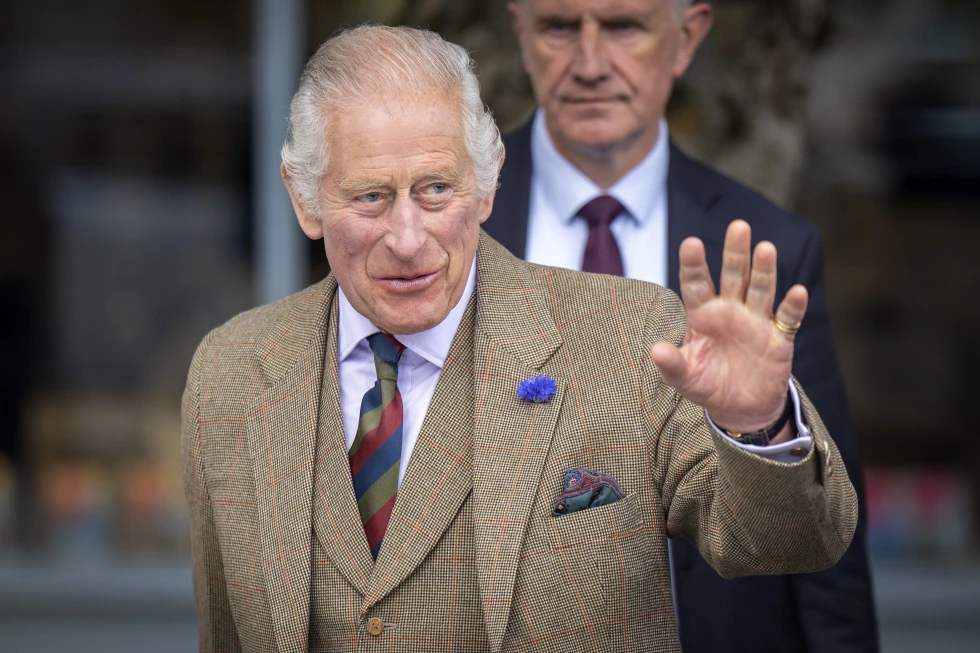In our rapidly changing world, where the past often intersects with the present, the resonance of historical events and transgressions remains profound. The impending journey of King Charles III to Kenya, therefore, isn’t just a simple state visit or a mere diplomatic gesture. Rather, it emerges as a pivotal move in the UK’s determined effort to recognize, reconcile, and perhaps redress its relationship with a former colony. This trip to Kenya, filled with the gravitas of history and diplomacy, underscores the importance of not just acknowledging past wrongs, but also the determination to mend strained ties and pave the way for a brighter future.
King Charles’s decision to openly “acknowledge the painful past” during his Kenyan sojourn signifies a departure from mere diplomatic niceties. It’s an earnest endeavor, albeit overdue, signaling the UK’s commitment to confronting historical wounds head-on. While past brutalities, especially those during the infamous Mau Mau uprising, have been discussed in hushed tones, King Charles III’s approach brings them to the forefront. In an age where global leaders frequently dodge uncomfortable historical truths, the courage of a reigning monarch to confront and discuss such sensitive subjects is indeed laudable. It’s a testament to a new era of transparent leadership that chooses confrontation over convenient forgetfulness.
But to paint the entire visit with just the brush of historical redress would be a disservice. King Charles’s connection with Kenya isn’t just political; it’s deeply personal. This upcoming trip marks his fifth journey to this vibrant nation. Each previous visit has sown seeds of mutual respect, understanding, and genuine affection. Memories of the Kenyan landscape, its rich culture, and the warmth of its people have evidently left an indelible mark on the King. Such personal ties underscore the fact that this trip isn’t just about mending political relations; it’s also about rekindling a personal bond with a land that holds special significance for the monarch.
In today’s complex geopolitical landscape, symbolism often carries as much weight as substance. The very topics chosen for discussion during the King’s visit highlight the profound shift in the UK’s approach towards its former colonies. Discussing topics like colonialism, especially on Kenyan soil, speaks volumes about the commitment to face uncomfortable truths head-on. Such openness and willingness to engage in tough dialogues signify not just an acknowledgment of the past but also a commitment to shaping a more inclusive and equitable future.
The evolving UK-Kenya dynamic, epitomized by recent diplomatic reshuffles and the overarching strategy of the UK to fortify its relationships with Commonwealth nations, indicates a forward-looking vision. This vision transcends the scars of the past, aiming for a future where mutual respect and shared aspirations guide the way. King Charles’s visit, therefore, isn’t just a retrospective journey. It’s a proactive step, charting a course for a renewed era of UK-Kenya relations.
In summing up, King Charles III’s imminent visit to Kenya serves as a beacon, illuminating the path from acknowledgment of historical grievances to a shared vision for the future. It’s a brave venture into the realms of diplomatic maturity and global responsibility, setting a precedent for nations worldwide. This journey isn’t just about righting the wrongs of yesteryears, but also about fostering an environment where history informs the present, guiding nations towards a harmonious and collaborative tomorrow.




